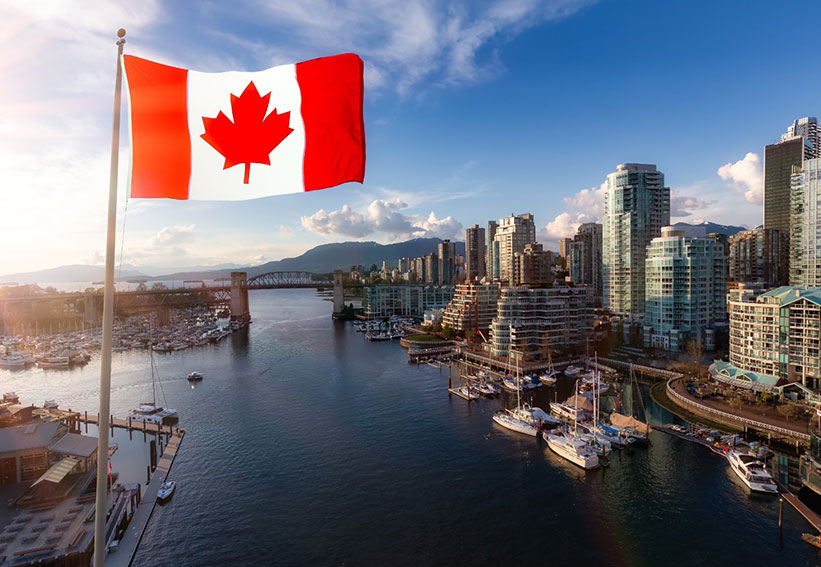Canada
About Canada
- Capital: Ottawa
- Population: ~40 million
- Currency: Canadian Dollar (CAD)
- Official Languages: English & French
- Political Structure: Federal parliamentary democracy and constitutional monarchy.
Canada’s vast landscapes and natural beauty also make it a unique study destination. From vibrant cities like Toronto, Vancouver, and Montreal to breathtaking natural wonders such as the Rocky Mountains, Niagara Falls, and northern lights, students can enjoy a perfect balance of urban living and outdoor adventure.

Political Division of Canada
- Alberta – Edmonton
- British Columbia – Victoria
- Manitoba – Winnipeg
- New Brunswick – Fredericton
- Newfoundland and Labrador – St. John’s
- Nova Scotia – Halifax
- Ontario – Toronto
- Prince Edward Island – Charlottetown
- Quebec – Quebec City
- Saskatchewan – Regina
- Northwest Territories – Yellowknife
- Nunavut – Iqaluit

Climatic Conditions
Canada’s climate varies from region to region:
- West Coast (British Columbia): Mild winters, warm summers.
- Prairie Provinces: Cold winters, warm summers with low humidity.
- Central Canada (Ontario, Quebec): Cold winters with snow, hot summers.
- Northern Canada: Arctic climate with long, cold winters and short summers.
Why Choose Canada
- Globally Ranked Institutions: Universities like the University of Toronto, McGill University, and the University of British Columbia are consistently ranked in QS Top 50–100 globally.
- Affordable Quality Education: Tuition and living costs are generally lower than the UK, USA, and Australia for similar quality education.
- Post-Study Opportunities: Access to up to 3 years of Post-Graduation Work Permit (PGWP).
- Safe, Inclusive, and Diverse Society: Canada is ranked among the safest countries in the world and is known for its multicultural environment.
- Immigration Pathways: Strong pathways for permanent residency through Express Entry and Provincial Nominee Programs.
Life in Canada
- Known for high quality of life, world-class healthcare, and a balance of city life with stunning natural landscapes.
- International students benefit from multicultural exposure, bilingual environments (English/French), and a strong community support system.
Degree Levels
- Bachelor’s Degree: 3–4 years
- Master’s Degree: 1–2 years
- Doctorate (PhD): 3–6 years
- Diplomas & Certificates: 1–3 years (college level)
Popular Programmes
- Computer Science & IT
- Business & Management
- Engineering (Civil, Mechanical, Electrical, Software)
- Environmental Studies
- Health Sciences & Nursing
- Hospitality & Tourism
Duration of Programmes
- UG: 3–4 years
- PG: 1–2 years
- Diplomas: 1–3 years
Entry Requirements
Undergraduate: 70–75% in high school; IELTS 6.0–6.5 / TOEFL iBT 80–90 / PTE 58–65
Postgraduate: 60–70% in bachelor’s; IELTS 6.5 / TOEFL iBT 88–100 / PTE 60–68
Scholarships
- Vanier Canada Graduate Scholarships
- Canada-ASEAN Scholarships and Educational Exchanges for Development (SEED)
- University-specific scholarships (Merit-based, need-based, entrance awards)
QS World Ranking – Top Canadian Universities
- University of Toronto
- McGill University
- University of British Columbia
- University of Alberta
- McMaster University
Important Facts & Figures
- Students can work up to 20 hours/week during term and full-time during breaks.
- Post-Graduation Work Permit: Up to 3 years depending on program length.
- High employability rate for graduates, especially in STEM, healthcare, and business.
Teaching Quality / Global Recognition
- Canadian degrees are recognized worldwide for academic excellence.
- Focus on research, innovation, and industry integration ensures job readiness.

